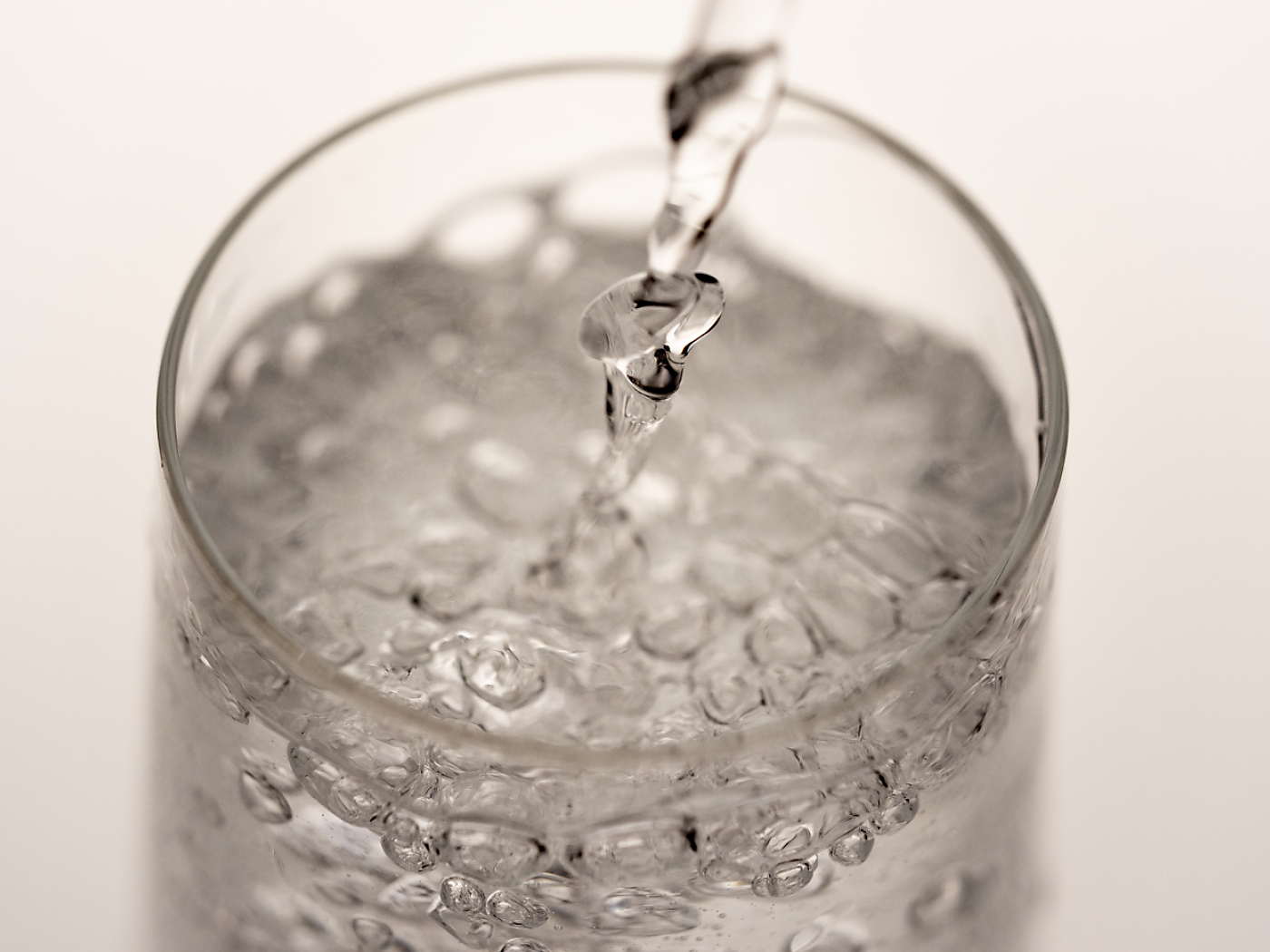
Potentially toxic compound discovered in chloraminated water

A Swiss-American research team has identified a potentially toxic compound in US drinking water systems. This is a degradation product of a chemical that is used in some countries to disinfect drinking water.
+Get the most important news from Switzerland in your inbox
Such inorganic chloramines are used to protect public health against diseases such as cholera and typhoid. According to estimates, more than 113 million people in the US alone drink chloraminated water, federal technology institute ETH Zurich said in a statementExternal link.
The researchers have identified the chloronitramide anion as the end product of the decomposition of inorganic chloramine. It is currently unknown whether and how toxic the chloronitramide anion is. However, its prevalence and similarity to other toxic compounds gave the researchers cause for concern. Further studies are now needed to assess the risk to public health.
+ How clean is Swiss groundwater?
The study, published in the journal Science, focused on water systems in the US. However, Italy, France, Canada and other countries also use chloramination and could be affected. “Chloraminated drinking water is widespread in North America, but chloramination is not really practised in Switzerland, and there is no chloronitramide anion in Swiss waters,” co-author Juliana Laszakovits said in the statement.
“It’s well recognised that when we disinfect drinking water, there is some toxicity that’s created. Chronic toxicity, really. A certain number of people may get cancer from drinking water over several decades. But we haven’t identified what chemicals are driving that toxicity,” said Julian Fairey, professor at the University of Arkansas.
Translated from German by DeepL/ts
This news story has been written and carefully fact-checked by an external editorial team. At SWI swissinfo.ch we select the most relevant news for an international audience and use automatic translation tools such as DeepL to translate it into English. Providing you with automatically translated news gives us the time to write more in-depth articles.
If you want to know more about how we work, have a look here, if you want to learn more about how we use technology, click here, and if you have feedback on this news story please write to english@swissinfo.ch.

In compliance with the JTI standards
More: SWI swissinfo.ch certified by the Journalism Trust Initiative




























You can find an overview of ongoing debates with our journalists here . Please join us!
If you want to start a conversation about a topic raised in this article or want to report factual errors, email us at english@swissinfo.ch.